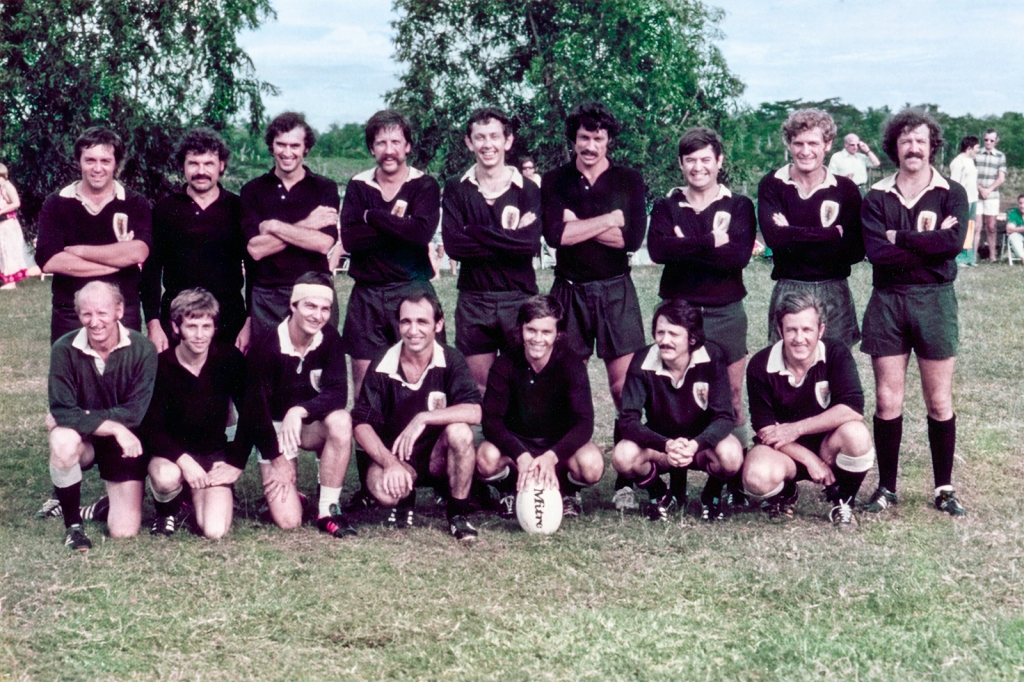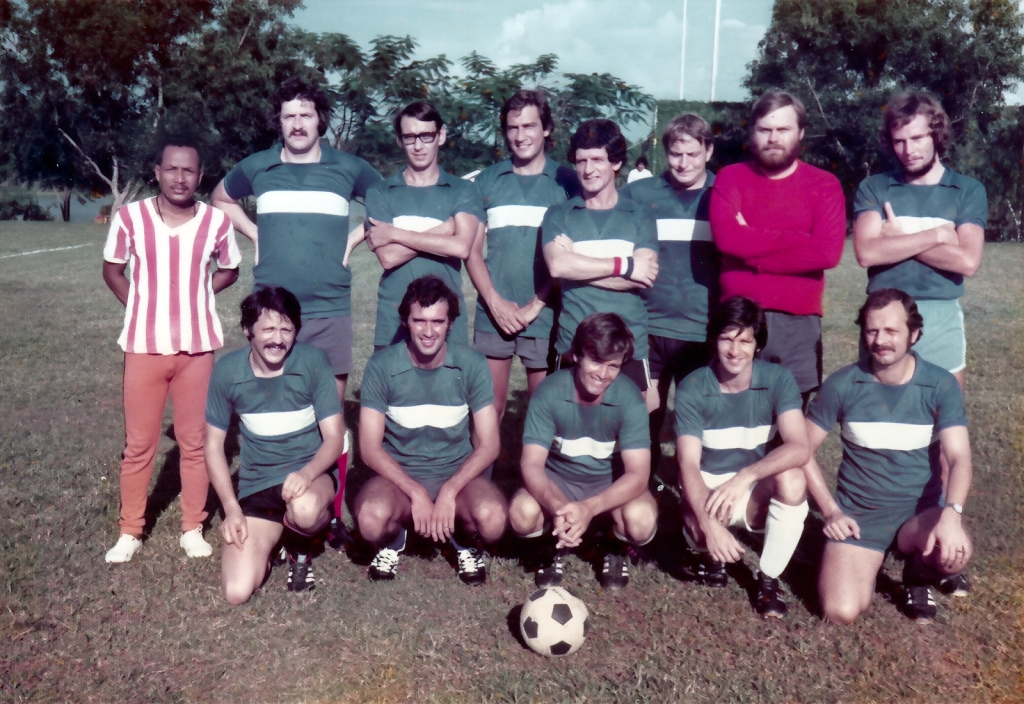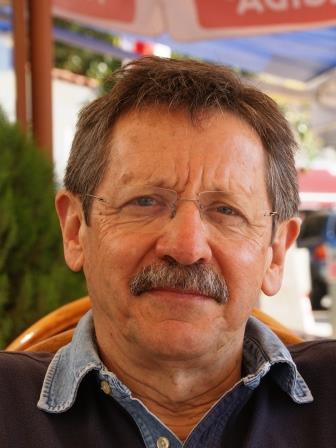At the time I felt that I spent a lifetime in Indonesia but it was barely two years. I arrived in Jakarta the middle of 1974 and left in August 1976. But I was there for the whole of 1975.
This was 50 years ago and much has changed. Technology has transformed communications of course and Jakarta had grown, its population has more than doubled to 11 million and, as with most cities in the developing world, it’s acquired high rise buildings, mass transit systems and its own middle class.
In 1975 there were no mobile phones and the provision of landlines was poor. A Swedish firm which studied Jakarta’s traffic congestion found that many vehicles were simply carrying messages to overcome the difficulty of making phone contact. A friend who played for a local hockey team told me that it organised its members by sending them telexes. Remember them?
I was on my own in those days so had no family to worry about. That meant a life revolving around my work, sport and ‘other stuff’. This post looks at the sport.
I didn’t play hockey but I nonetheless enjoyed a lot of sport mainly based at the ISCI (international Sports Club of Indonesia).

The rugby team played teams from visiting ships and similar teams based in other Asian capitals, ‘inter-port’ fixtures. We were keen and trained together and we probably had enough active players to be able to field two teams to enable games within the club. Our players were mainly French, Brits, Aussies and Kiwis, as you might expect, with the occasional other. In the picture there’s also an American and a Dutchman. That’s me second right in the front row clearly uninterested in this photography process.
I was a bit of a utility back. If there was no specialist scrum half to play then that’s where I played. Otherwise I’d get stuck out on the wing. But I survived and scored a few tries. I was even credited with a try I didn’t score when we played the Royal Bangkok Sports Club.
We won that game but I took a big hit which gave me some pain in the ribs so I visited the medical centre at the Club afterwards. A kindly Thai doctor confirmed bruised, possibly cracked ribs and then displayed real humanity by suggesting that I might want to go out on the town with my team that night so he’d better give me some pain killers.

By contrast the football teams played local sides and I ended up captaining the second team, the self styled ‘Masters’. We were a much more European bunch with a core of Danes, Germans and Brits. In the photo I’m front left with John Finegan, who featured in a previous post, back left next to the referee.
Our fixtures secretary set us up to play ‘not strong’ teams so we generally won. And after the games we’d relax with Bintang beer smoking Filipino cigars.
My other sporting outlet was the Hash House Harriers. It’s an institution which began in Kuala Lumpur, spread across Asia and is now a bit of a global phenomenon. As a running club it should contribute to keeping you fit but the poste event beer probably negated that. In Jakarta we ran on Monday nights and I was a regular.
We ran in the countryside, not on city streets, and locals would watch in amazement as scores of orang puti (white men) ran through their villages. Often by the very nature of the event we didn’t know where we were going. Some of our number really did get lost; fortunately that never happened to me.
We played cricket once. I guess it was the club playing itself and we played on the football pitch. The wicket itself must have been dodgy because I wouldn’t imagine that we would have the matting used elsewhere to lay down. We were watched by several of the club’s maintenance crew and they positioned themselves around the boundary to collect the ball when one of us conspired to hit it that far. Pretty soon they determined where the ball was likely to go and set out their own defensive field!
This focus on sport and the sports club has always been a characteristic of the expat (colonial?) life and it carried through into 1970s Indonesia. I just wonder if it continues today recognising the changes identified above.


Leave a comment